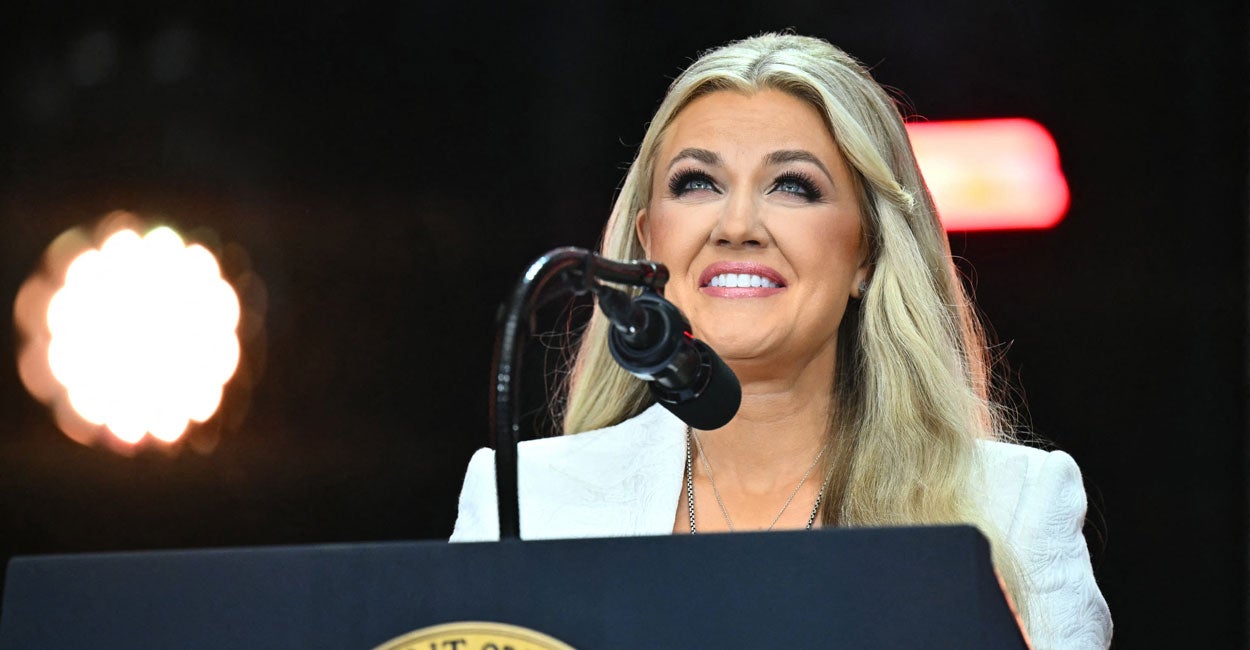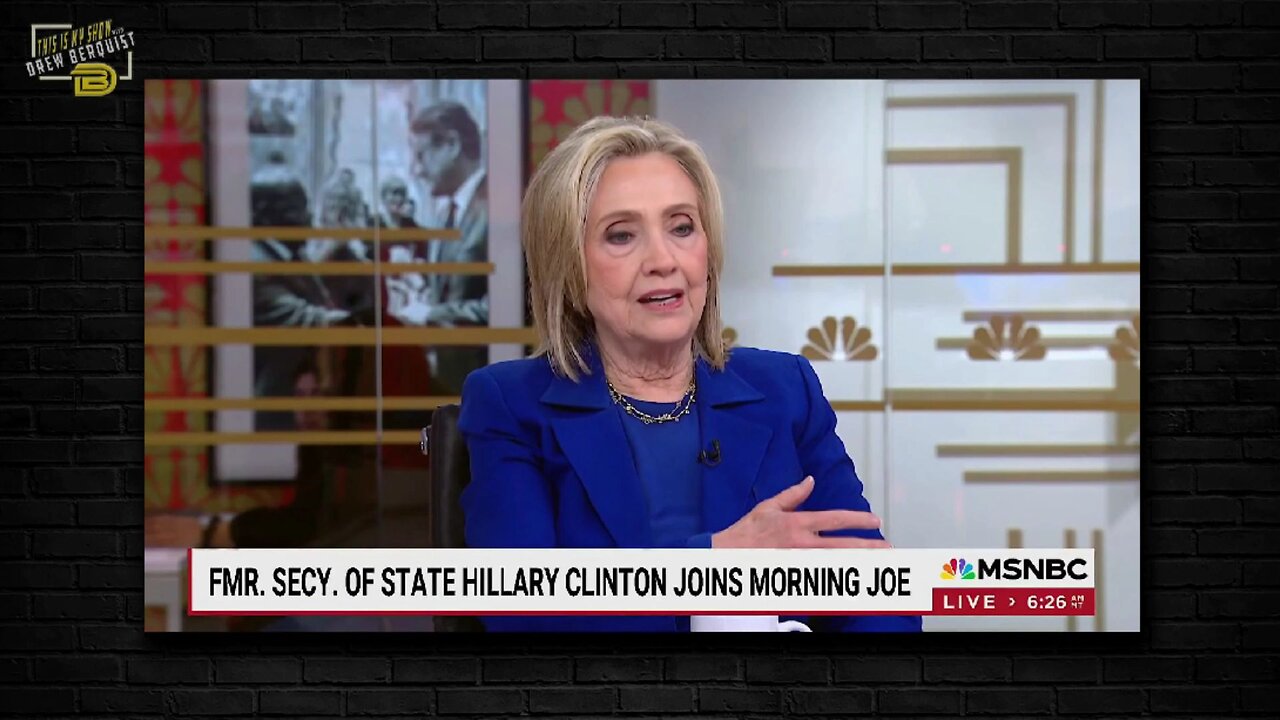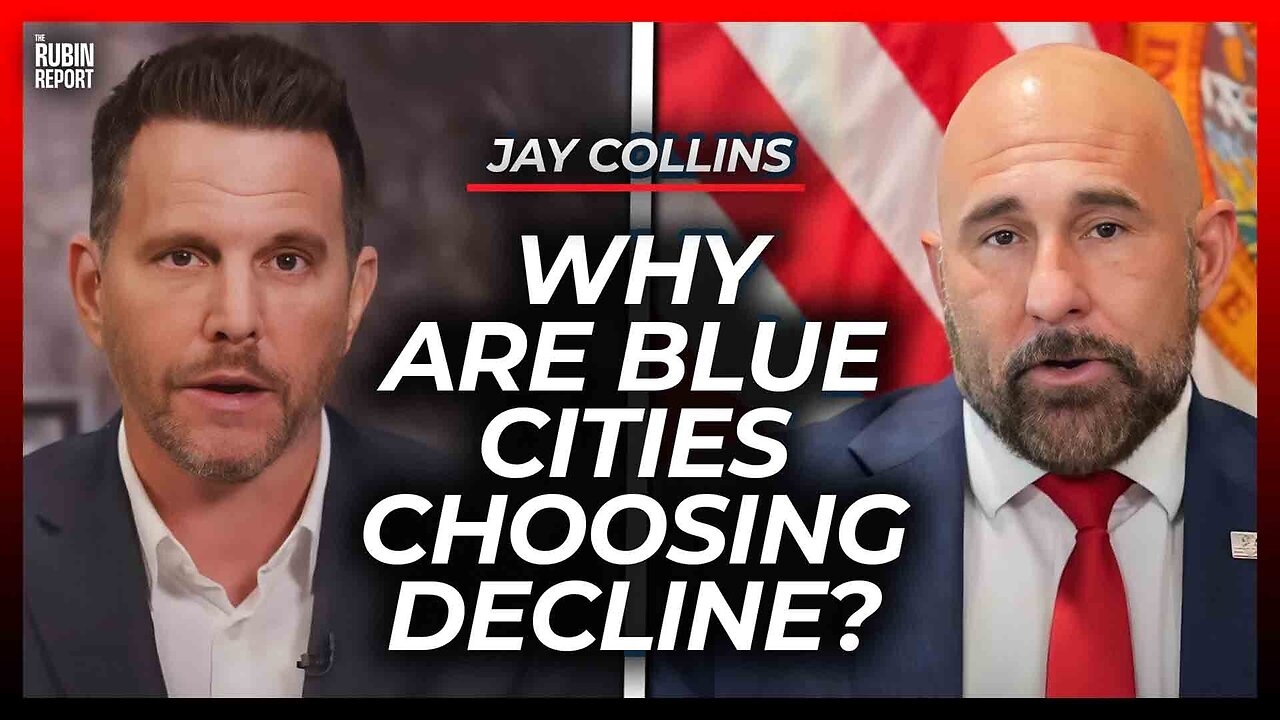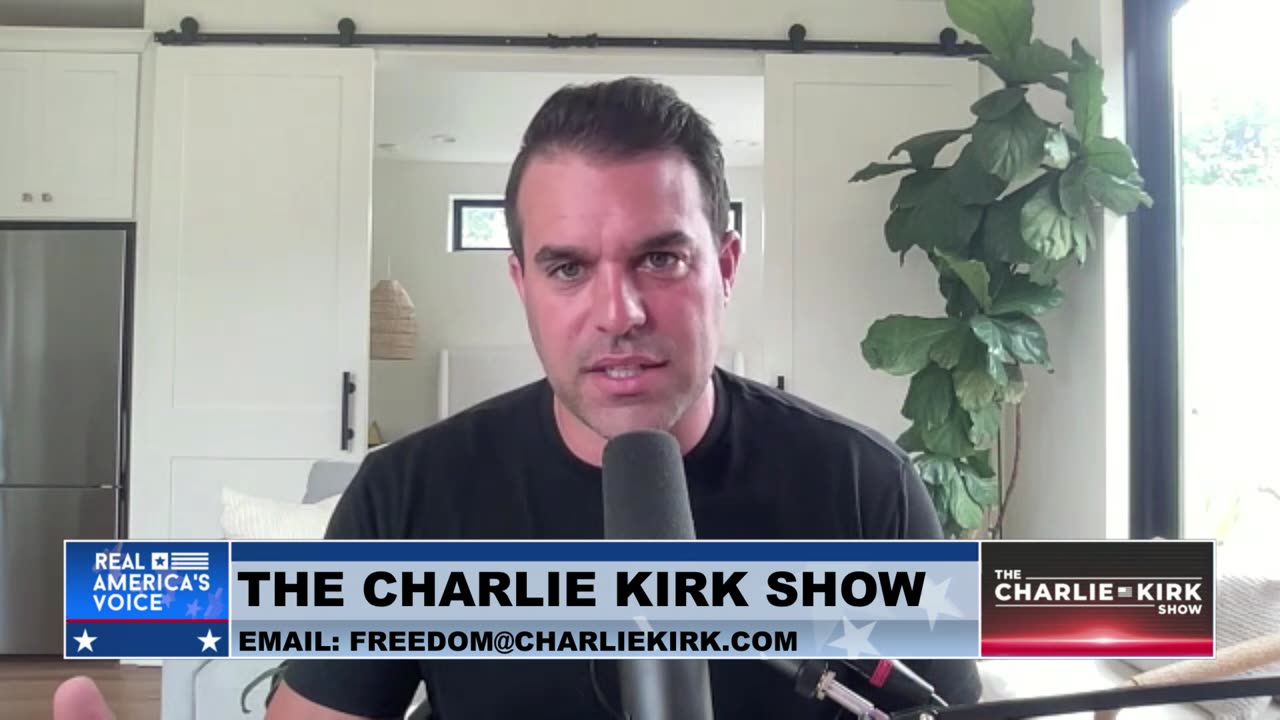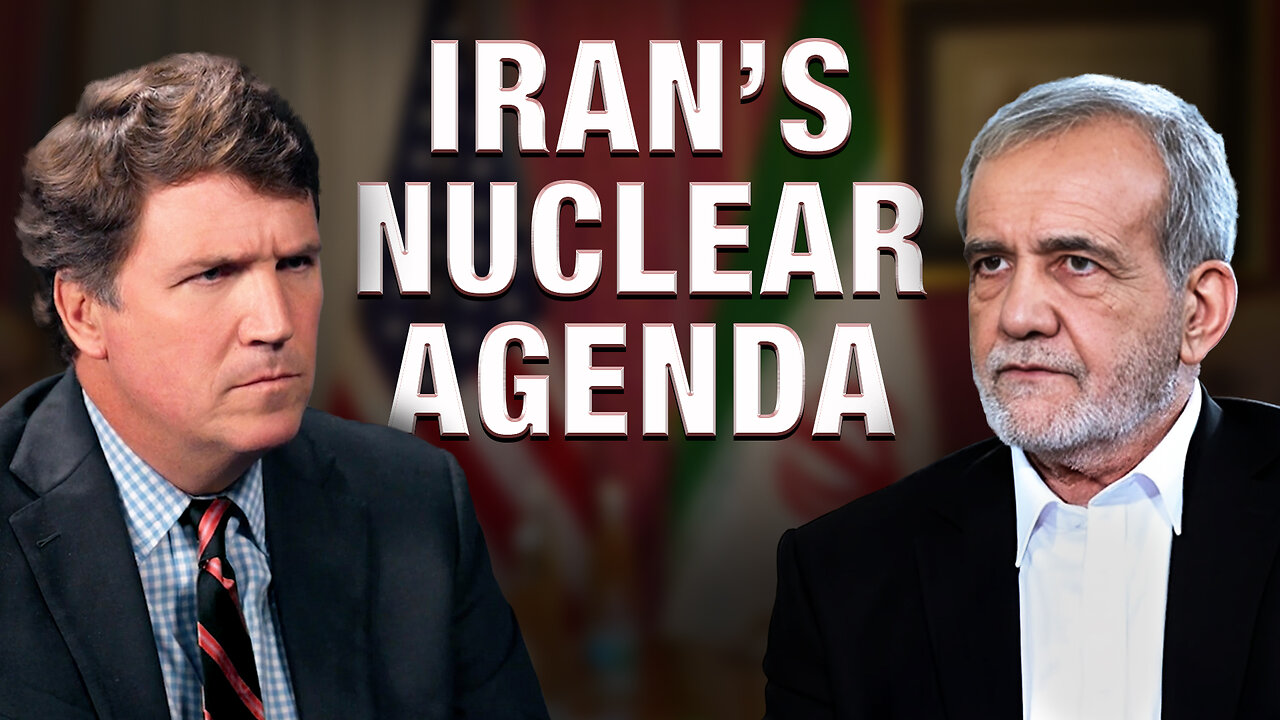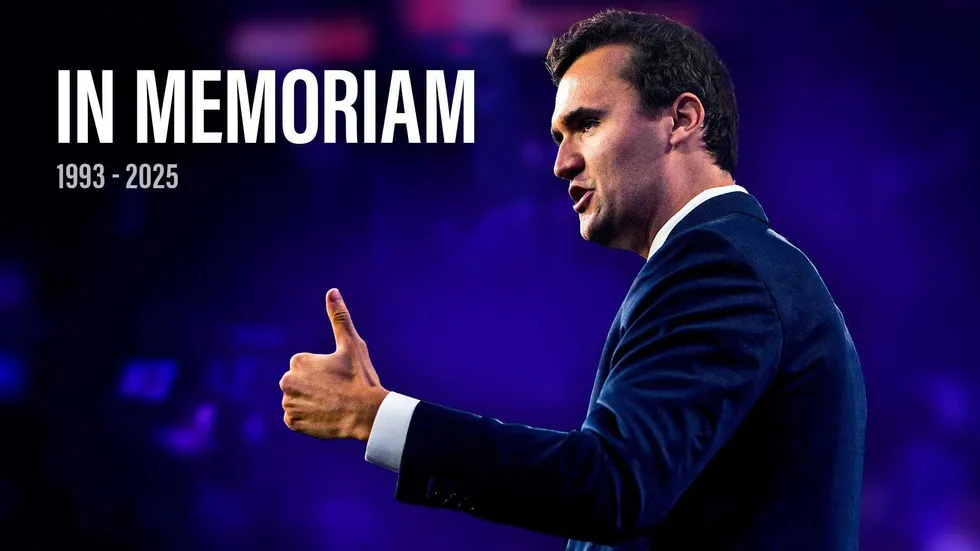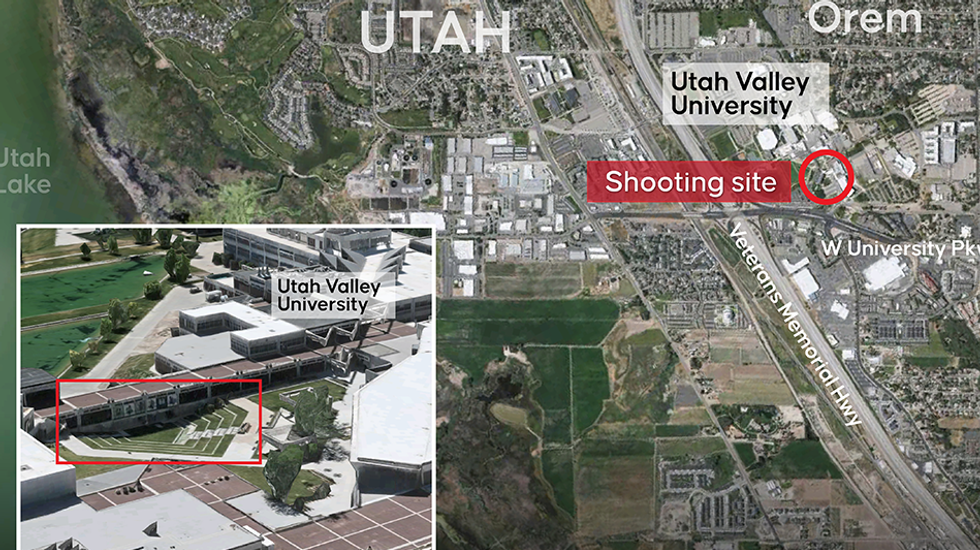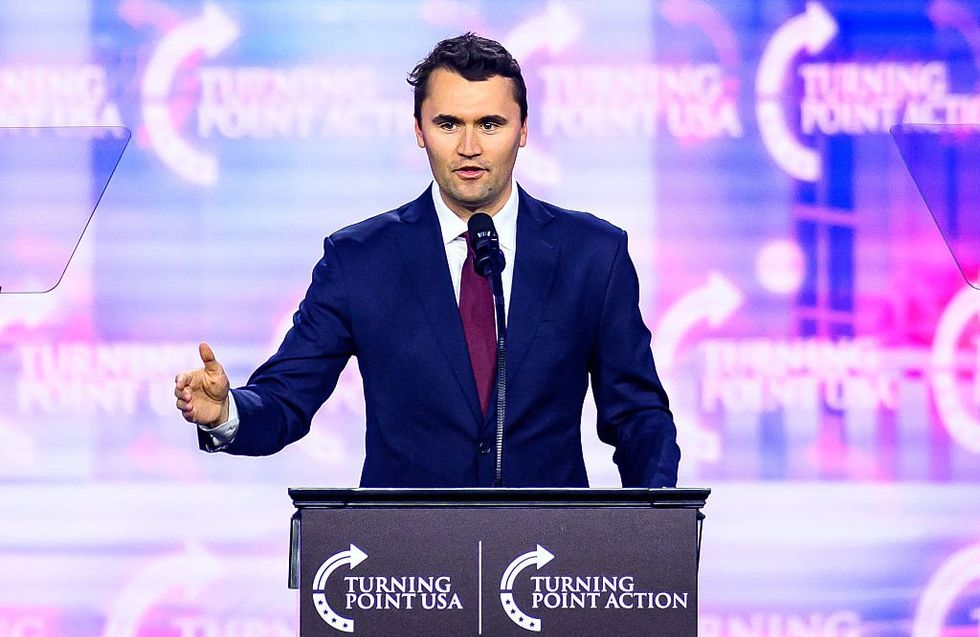He Shared A Link On X. Now He’s In An Australian Court.

A Canadian father recently sat before an Australian tribunal in Melbourne for five days because he shared an article from The Daily Mail in an X post last year.
Let that sink in.
Chris Elston, better known as “Billboard Chris,” flew halfway around the world to defend not only his own free speech rights, but also those of all people. He is pushing back against an order from Australia’s eSafety Commissioner. The order demanded X censor Chris’ February 2024 post criticizing the appointment of a transgender activist to a World Health Organization panel of experts, citing the Daily Mail article titled “Kinky secrets of UN trans expert REVEALED”
Linking to an article from one of the most-read news websites in the world, the post was deemed by eSafety to be “cyber-abuse material targeted at an Australian adult.” X initially resisted pressure to censor the content in any way but later geo-blocked the post in Australia when hit with a formal takedown notice. Billboard Chris, with legal support from ADF International, is challenging that order, and X joined in a separate suit.
This isn’t about one post. It’s about whether governments should be able to censor lawful expression because they don’t like the content — in this case, the rejection of gender ideology.
The hearing at the Melbourne Administrative Review Tribunal spanned five days and took in over 2,000 pages of documents. Meanwhile, the complainant, Teddy Cook, never even appeared before the tribunal.
Day one revealed how thin the complaint truly was. eSafety’s lawyers claimed that part of the problem was that Chris had revealed Cook’s place of work and posted private images. Chris, however, simply reposted the Daily Mail’s piece, which named Cook’s workplace (a detail already publicly available online) and, as anyone who uses social media knows, the featured images were pulled from Daily Mail article, not supplied by Chris. It becomes more ridiculous still. The Daily Mail had obtained the photos from Cook’s own social media. The argument didn’t just collapse under scrutiny — it exposed the flimsy foundation apparently sufficient for this bureaucracy to suppress dissent.
By day two, it was clear how detached from reality the process had become. There was no evidence of actual harm. Cook, just nine days after the post, had tweeted: “living my best life.” But here we were, with psychiatrists and professors flown in to dissect whether a single X post could legally be considered “likely … intended to have an effect of causing serious harm”.
Chris testified to the Tribunal about the issue at the core of his advocacy: “It’s damaging to teach children they are born in the wrong body … children are beautiful just as they are. No drugs or scalpels needed.” Asked whether he was trying to provoke outrage, he responded: “No. I want to provoke discussion.”
That matters. Under Australia’s Online Safety Act, takedown orders can only be issued if content is not only offensive, but also “likely …intended to have an effect of causing serious harm. However, eSafety seemed to argue that intent is largely irrelevant. If someone feels offended, even by public information, that alone might justify censorship.
On days three and four, several more expert witnesses took the stand. eSafety’s own expert — a digital communications professor — asserted that biologically accurate terms are “harmful,” and that children should be able to choose their gender around age 12. Note Australian taxpayers are footing the bill for this expertise — reportedly more than $10,000 for just this one.
The final day brought closing submissions and a stark contrast in worldviews. eSafety argued the Tribunal should view the post in isolation, ignoring the broader debate, and insisted that Teddy Cook — a WHO-appointed expert and activist — shouldn’t be considered a public figure. Chris’ legal team, along with X, pushed back: any fair assessment must consider the wider social and political context. This wasn’t targeted abuse — it was participation in a critical public conversation.
This case is a warning to all who value free expression. If a Canadian citizen can be silenced in Australia for sharing a news article on U.S.-based platform X, then clearly, censorship is no longer bound by borders. What’s to stop any other government — from Canada to the EU to China — from deciding your speech “harms” someone abroad and demanding it be taken down too?
This is exactly how global censorship metastasizes: bureaucracies leveraging international tech companies to enforce vague, ideological speech codes on people who never voted for them, under laws they never consented to. And the more they get away with it, the bolder they become.
Fortunately, X put up a robust legal defense, and Chris, with the legal backing of ADF International and the Human Rights Law Alliance, was unequivocal in his message: he will not be censored as he fights to put an end to the evils of gender ideology.
Most evidently, gender ideology needs censorship to survive, and that is why Chris has been targeted. He hasn’t gone before this tribunal to protect himself — he’s doing it to protect the right of every person to tell the truth.
This is a test case with global consequences. Billboard Chris’ censorship challenge shows us exactly where we’re headed if we don’t defend free speech: toward a world where bureaucrats silence opinions they don’t like, even from the other side of the globe. It’s a world where truth must be approved, and feelings outweigh facts. That’s not just anti-democratic — it’s dangerous. Because once a government crosses the line of international censorship, there’s no saying where it will stop.
* * *
Robert Clarke is a barrister and director of advocacy for ADF International, which is supporting the case of Billboard Chris in Australia. Follow him on X at Rob_ADFIntl.
The views expressed in this piece are those of the author and do not necessarily represent those of The Daily Wire.
Originally Published at Daily Wire, Daily Signal, or The Blaze
What's Your Reaction?
 Like
0
Like
0
 Dislike
0
Dislike
0
 Love
0
Love
0
 Funny
0
Funny
0
 Angry
0
Angry
0
 Sad
0
Sad
0
 Wow
0
Wow
0




